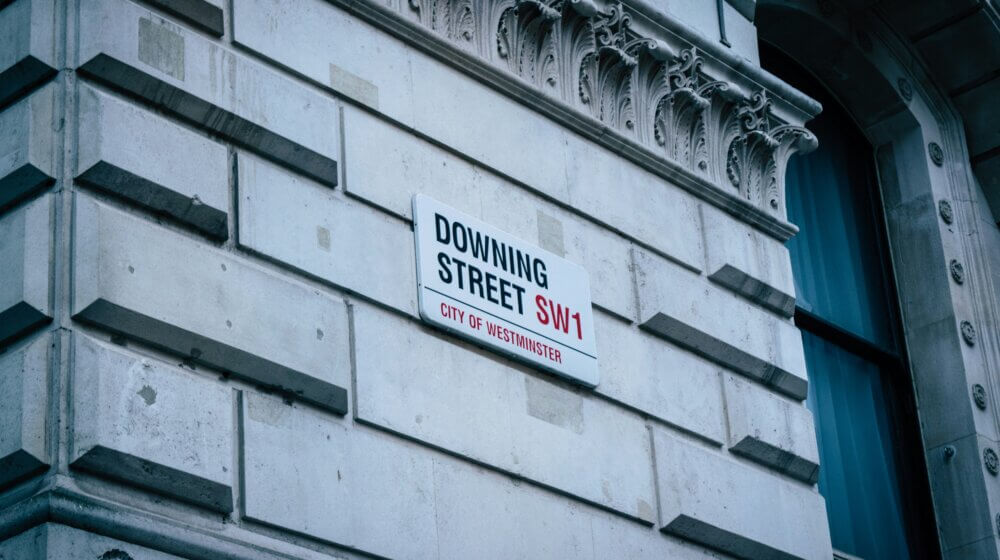Disciplinary Matters and Grievances
Comprehensive legal support for all aspects of workplace disciplinary matters and grievances, from preparing for hearings to taking legal action on your behalf.
Disciplinary Matters and Grievances
Specialist legal advice on disciplinary matters and grievances for employees
If you’re facing disciplinary action or you want to file a complaint about how you’ve been treated at work, it’s worth having a legal expert in your corner.
Our specialist employment solicitors can assist you in preparing for hearings or appeals and can take legal action on your behalf if necessary.
When it comes to disciplinary matters, we can provide advice on the nature of the allegations against you and the most effective ways to defend yourself. We’ll also assess any potential legal claims you may have.
In the case of grievances, we will guide you on the best way to present your complaint to your employer. We’ll also explore possible legal claims that could influence your employer to make findings in your favour.
Sometimes, resolving workplace issues becomes challenging, and that’s when a settlement agreement may be the best way forward. We can evaluate the strengths and weaknesses of your potential claim, as well as estimate its monetary value. Our goal is to assist you in reaching a settlement that is fair and satisfactory.
If you would like to discuss your personal circumstances in complete confidence, please contact a member of our employment team in St Albans, Harpenden or Luton.
WHAT OUR CLIENTS SAY
OUr Employment LAW team
Meet our Employment Partners
Insights
Latest employment law insights



FAQs
Frequently asked questions
What is a grievance?
Employers are obliged to have a grievance policy in place which provides a formal process for employees to raise concerns about any aspect of their employment. Employers are obliged to consider the concerns raised and provide the employee with an outcome. If the employee is unhappy with the outcome, they are entitled to appeal the outcome.
Unless you wish to raise matters on an informal basis, you will usually need to provide details of your grievance to your employer in writing.
What is a disciplinary?
Employers are also obliged to have a disciplinary procedure in place which details how an employer will address concerns that it has about the conduct and /or performance of its employees. The procedure will usually set out examples of the types of conduct and performance which may cause an employer to invoke the disciplinary process, detail the process to be followed and indicate the disciplinary sanctions that may be applied, for example, a written warning. Some employers do not operate a full disciplinary process for employees with less than 2 years’ service.
What can I do if I disagree with the outcome of a grievance or disciplinary process?
You should be given the right to appeal against the grievance outcome or any disciplinary sanction. The appeal should be submitted in writing within the timescales given by the employer. Following this you should be invited to an appeal meeting and provided with a written outcome. If you remain unhappy after the conclusion of the appeal process, you should consider taking legal advice on your next steps.
What happens after I raise a grievance?
Unless it is possible to resolve your concerns informally, your employer should investigate your concerns. This should include a grievance meeting between you and your employer at which you have the right to be accompanied by a work colleague or a trade union representative. Following the investigation you should be provided with a written outcome.
What should I do if I am invited to a disciplinary hearing? What are my rights at the hearing?
The letter inviting you to the hearing should set out the allegations or issues for discussion. The purpose of the meeting is for you put forward your position in relation to the matters raised. You should be provided with sufficient information to understand the matters for discussion. You should carefully consider the information provided and prepare your responses.
You are entitled to be accompanied at the hearing by a work colleague of trade union representative. You may also be able to bring witnesses to the hearing. Following the hearing your employer should notify you of the outcome. This may be that no further action will be taken or that you will be subject to a disciplinary sanction such as a written warning or dismissal.
COntact
Request a call back
We’ll arrange a no-obligation call back at a time to suit you.


